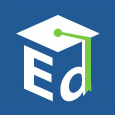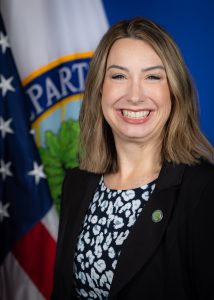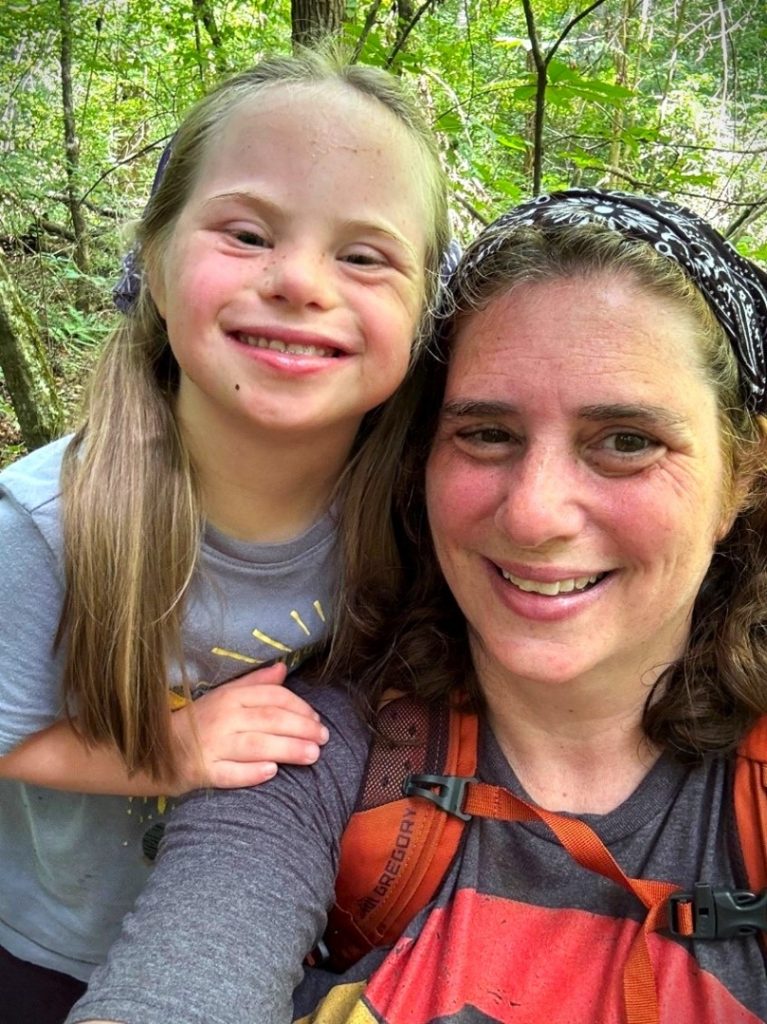By the Office of Special Education Programs
The Office of Special Education Programs (OSEP) has released two new Fast Facts: (1) OSEP Fast Facts: Educational Environments of Children with Disabilities Served under IDEA Part B Section 619 and (2) OSEP Fast Facts: Part B Personnel.
These Fast Facts spotlight OSEP’s Individuals with Disabilities Education Act (IDEA) 618 data on personnel and educational environments of children with disabilities in early childhood settings. They are packed with visualizations that help make IDEA 618 data easy to interpret and share.








